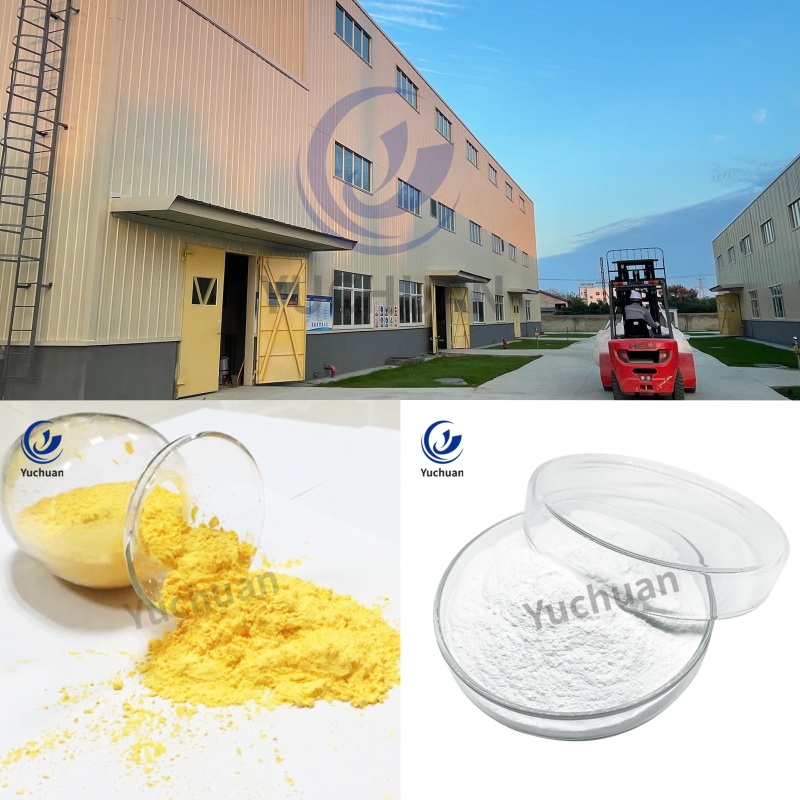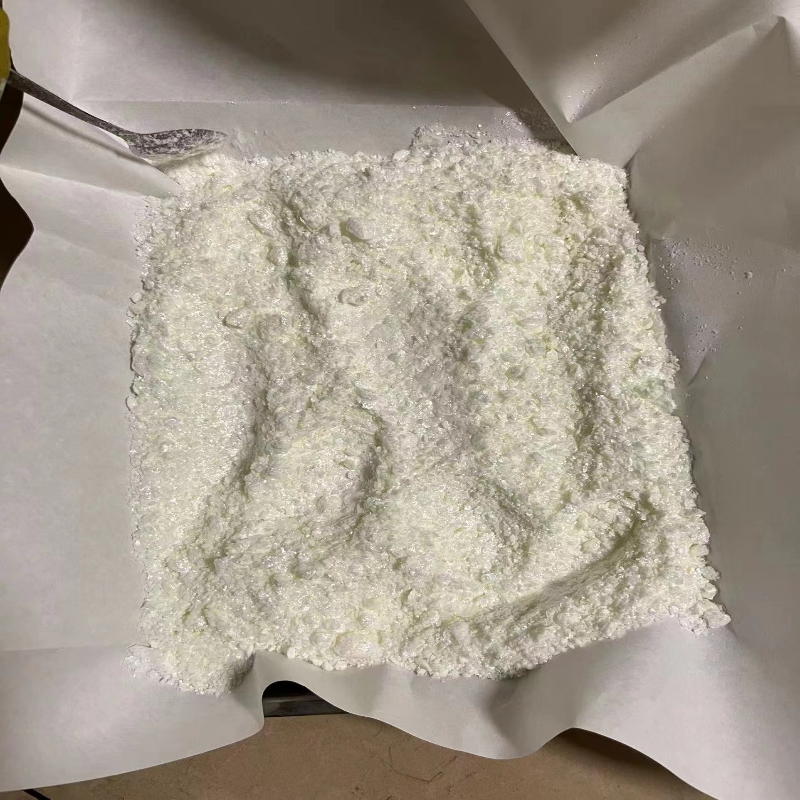-
Categories
-
Pharmaceutical Intermediates
-
Active Pharmaceutical Ingredients
-
Food Additives
- Industrial Coatings
- Agrochemicals
- Dyes and Pigments
- Surfactant
- Flavors and Fragrances
- Chemical Reagents
- Catalyst and Auxiliary
- Natural Products
- Inorganic Chemistry
-
Organic Chemistry
-
Biochemical Engineering
- Analytical Chemistry
-
Cosmetic Ingredient
- Water Treatment Chemical
-
Pharmaceutical Intermediates
Promotion
ECHEMI Mall
Wholesale
Weekly Price
Exhibition
News
-
Trade Service
● BASF's non-phthalate plasticizer Hexamoll® DINCH meets safety standards
● Pentel will use Hexamoll® DINCH in PVC rubber produced in Japan and Taiwan
● Paton became a trusted partner of Hexamoll® DINCH
BASF Japan Co.
, Ltd.
(hereinafter referred to as "BASF") and Paitong Stationery Co.
, Ltd.
(hereinafter referred to as "Paitong"), one of the manufacturers of traditional Japanese stationery products, announced that Paitong will completely switch to BASF's non-phthalic acid Hexamoll® DINCH, an ester plasticizer, is used to produce rubber under the brands "Ain" and "Hi-POLYMER", which are made of polyvinyl chloride (PVC)
.
At the same time, through this cooperation, Paitone has become a "Hexamoll® DINCH Trusted Partner" of BASF in the Asia-Pacific region
.
The two companies have also formed a brand alliance, one of which is branding the ingredients on the packaging of the rubber
.
PVC rubbers made with Hexamoll® DINCH are sold all over the world where Pyton operates
.
A plasticizer is a chemical additive that provides elasticity to PVC
.
It is essential to the manufacture of rubber
.
At present, about 80% of plasticizers on the Japanese market are phthalates
.
For safety reasons, restrictions on the use of phthalate plasticizers have been increasing in recent years, especially in Europe
.
As a result, Pyton has completely switched to Hexamoll® DINCH at its PVC rubber production plants in Japan and Taiwan to replace phthalate plasticizers
.
As of 2020, approximately 80 percent of the rubbers Paiton produces are made of PVC, and all PVC rubbers that Paiton sells in Japanese stores and overseas are now made of Hexamoll® DINCH
.
Takaaki Kawasaki, general manager of the Product Strategy Department of Paitone, said: "Our motto is 'find the best', which makes us strive to be the best in technology, quality and feel in the production process
.
Especially rubber - we 's flagship product, guaranteeing first-class quality in terms of erasability, crumb reduction and breakage resistance
.
A complete switch to BASF's Hexamoll® DINCH plasticizer offers added value as it is more friendly to humans and the environment
.
We Currently, these erasers are mainly sold in Japan and other parts of Asia, but in the future, we also plan to work hard to expand the global market
.
”
BASF's Hexamoll® DINCH is a non-phthalate plasticizer specially developed for human contact applications
.
Since its introduction on the market in 2002, BASF has invested EUR 7 million in toxicity studies of Hexamoll® DINCH
.
The research focuses on the impact of products on the environment and human health
.
Hexamoll® DINCH is approved and certified by numerous authorities worldwide*
.
It is used to replace traditional phthalates in sensitive applications such as toys and medical devices
.
Masato Shoyama, Head of BASF’s Petrochemicals Division in Japan, said: “I am delighted that through this partnership with Paiton, rubbers made with Hexamoll® DINCH will be available in co-branded packaging for the first time
.
Since the commercialization of this project, Hexamoll® DINCH has established a solid position in the plasticizer market for applications such as food packaging, medical devices and toys
.
We will continue to work with our Japanese customers to bring sustainable products to the market
.
”
Through the Sustainable Solutions Guidance, we assess the contribution of Hexamoll® DINCH to the three dimensions of sustainable development, namely economic, environmental and social
.
Hexamoll® DINCH was rated as an "Outstanding" solution for its outstanding contribution to the sustainable development of the industry value chain
.







